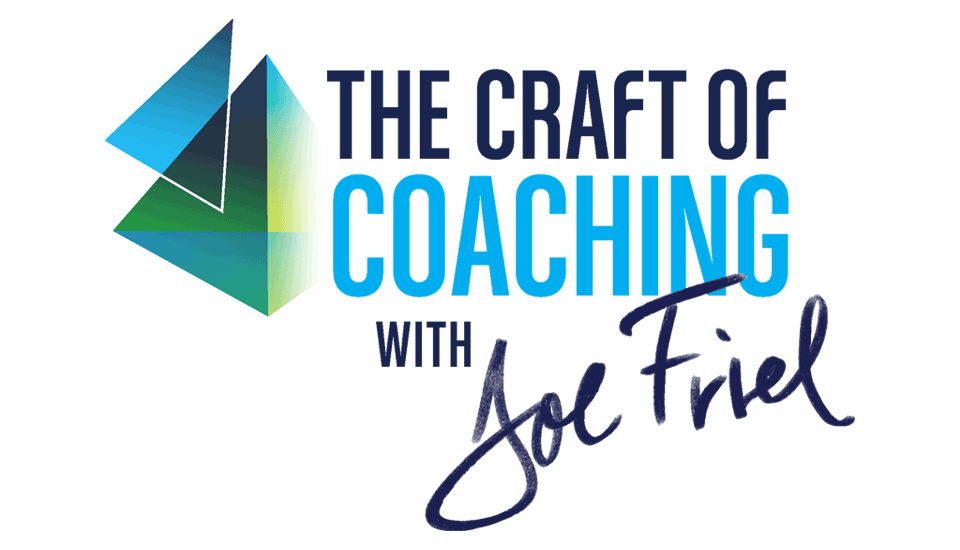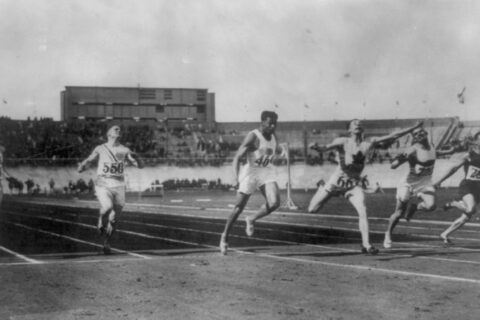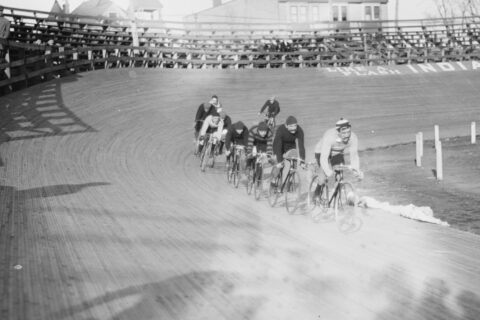The misconception that “lighter is better” has undermined endurance athletes of all genders, but a shocking number of female athletes have been emotionally and physiologically destroyed by weigh-ins and negative body talk. Coaches can learn how to best navigate conversations on this topic with these simple guidelines.
The misconception that “lighter is better” has undermined endurance athletes of all genders, but a shocking number of female athletes have been emotionally and physiologically destroyed by weigh-ins and negative body talk. Coaches can learn how to best navigate conversations on this topic with these simple guidelines.





